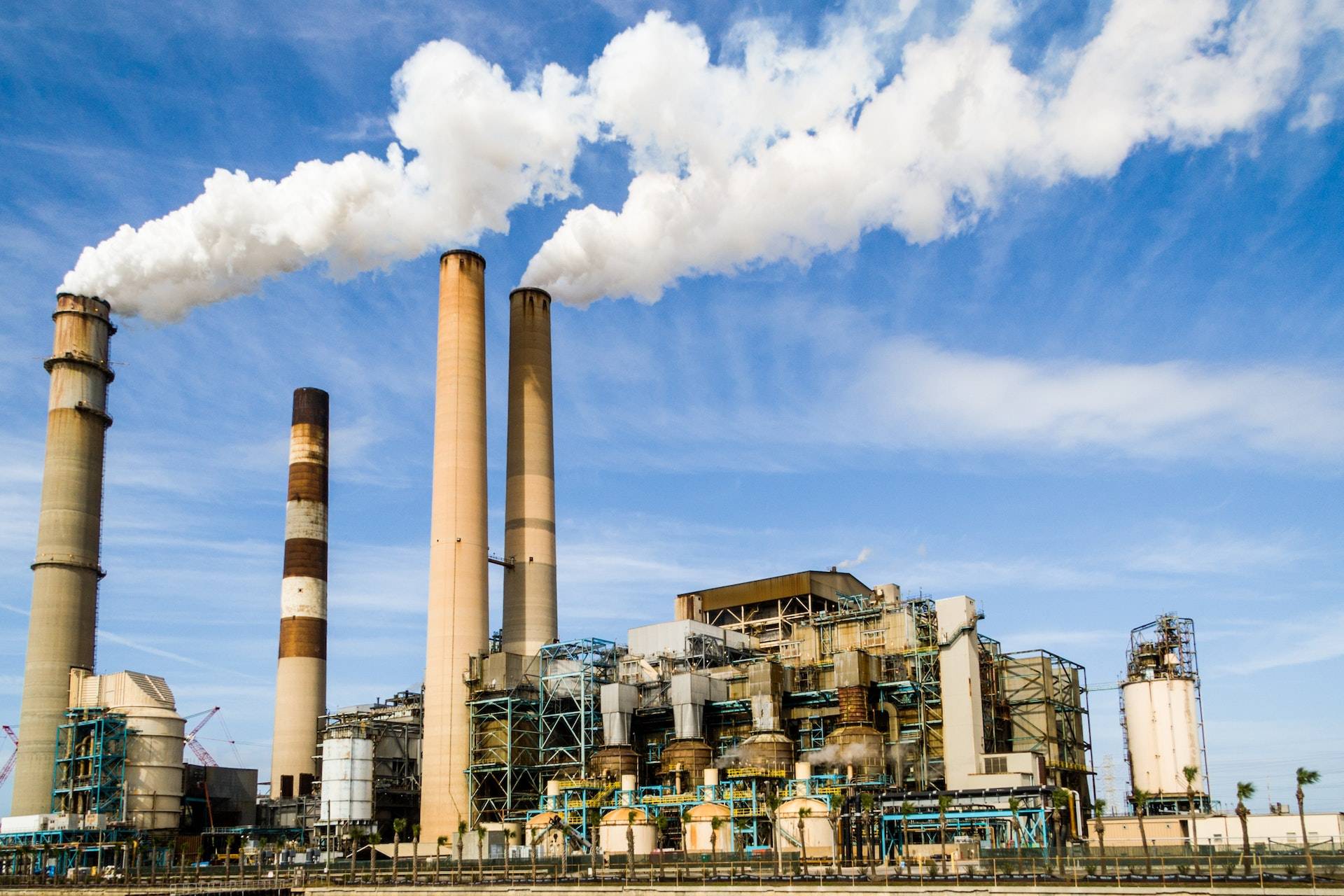The government has opened applications for increased Energy and Trade Intensive Industries (ETII) support under the Energy Bill Discount Scheme. It’s important to note that eligible organisations don’t automatically qualify, they will need to apply.
In our quick guide, we’ve outlined everything you need to know about applying for the scheme.
What is the ETII support scheme?
In April 2023, the UK government scaled back an unprecedented level of energy bill support for businesses, by replacing the Energy Bill Relief Scheme with the Energy Bill Discount Scheme.
However, it pledged to provide a higher level of support to energy intensive users, known as Energy and Trade Intensive Industries (ETII) support.
Who is eligible for ETII support?
In order to apply for support, your organisation must be UK-based and able to prove that at least 50% of revenue generation is from UK-based activity within eligible SIC code sectors.
In addition, you must have a non-domestic contract with an authorised energy provider and be:
- on existing fixed price contracts that were agreed on or after 1 December 2021
- signing new fixed price contracts
- on deemed/out of contract or variable tariffs
- on flexible purchase (or similar) contracts
- on variable ‘Day Ahead Index’ (DAI) tariffs (Northern Ireland scheme only)
Eligibility for Local Authorities shall be established at the premises level. In cases where there are no relevant accounts, the Local Authority must state that at least 50% of the area is occupied by operations in eligible sector.
What support is available?
Organisations will receive discounts based on the difference between the price threshold and the relevant wholesale price, which are listed as follows:
Only 70% of energy volumes will be eligible for this discount, which has a “maximum discount” of £40/MWh for gas and £89/MWh for electricity. The remaining 30% will receive the baseline level of support where customers wholesale price meets the baseline eligibility criteria.
On bills, the discount will likely show up as one line because suppliers will only calculate the overall discount you are owed once.
How can I apply for ETII support?
The scheme opened on 26 April – you can apply online via the government website.
Financial evidence such as Income Statements, invoices, and end-of-year accounts may be required.
Local authority applicants who cannot provide the financial evidence should upload floor plans of the relevant property, with accompanying measurements in square metres. This should show that 50% or more of your activities are in an eligible sector
Applicants must also provide the following information:
Deadlines for applying for ETII support
Eligible organisations will have until 23:59 on 25 July 2023 to apply for the higher support. New organisations or newly eligible organisations will have 90 days to apply from the date at which they become eligible.
What should I do if I’m still not sure I’m eligible?
The Energy Advice Hub is brought to you by Sustainable Energy First, the UK’s leading carbon and energy consultancy. We can guide you through the ETII support application process and help you identify other routes for support. For a no-obligation chat, get in touch.













